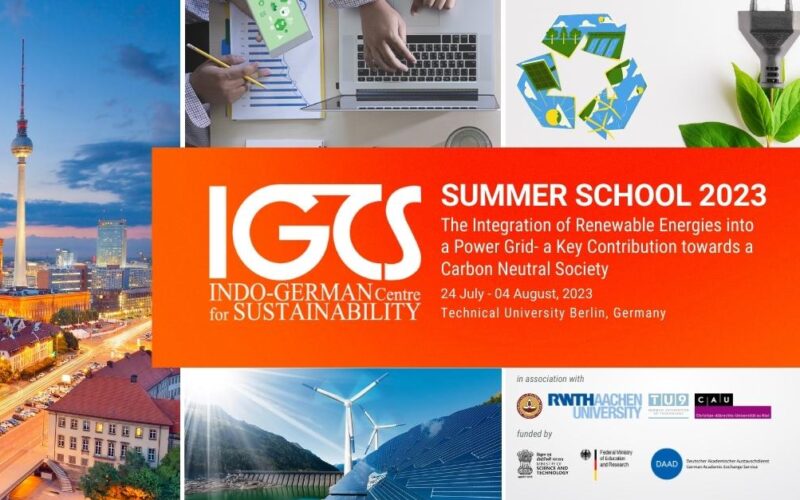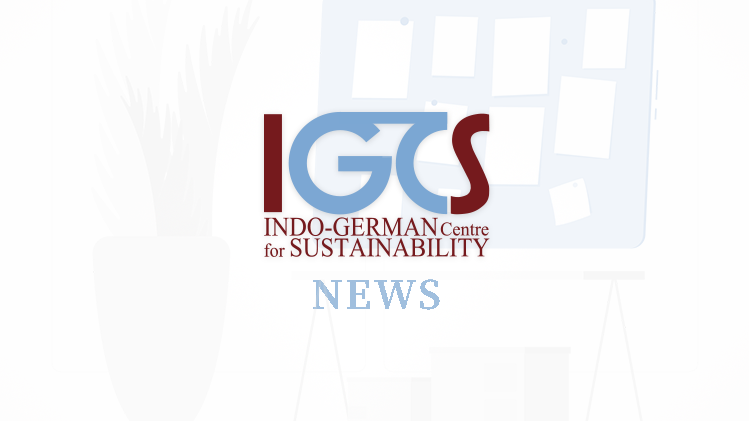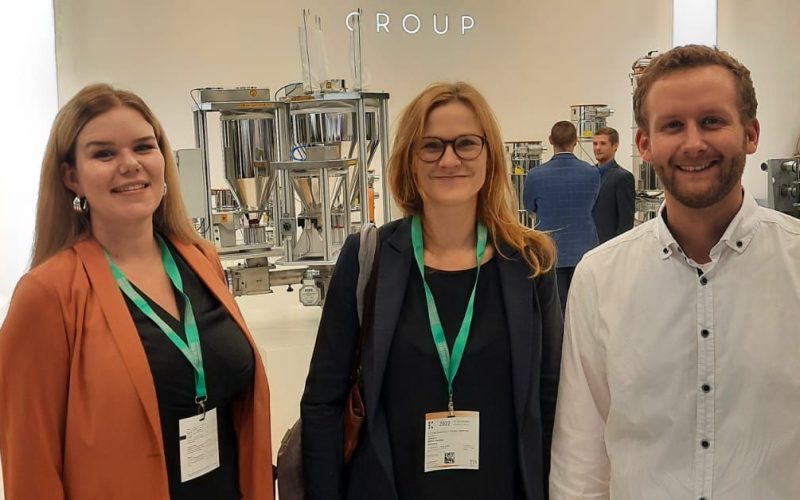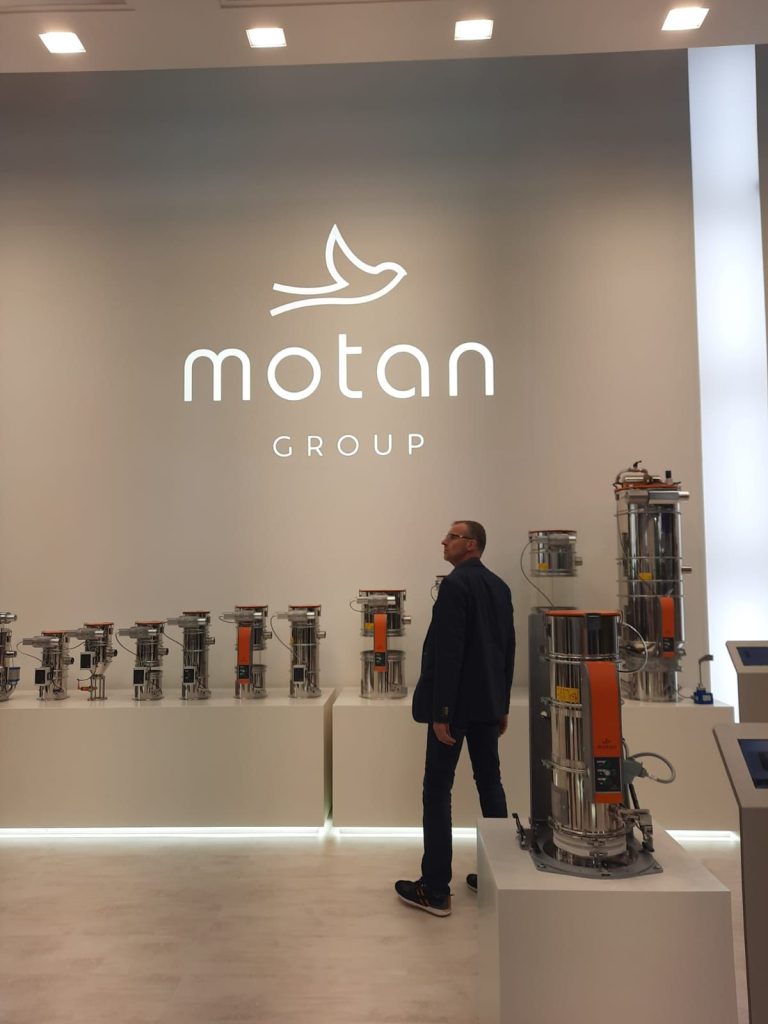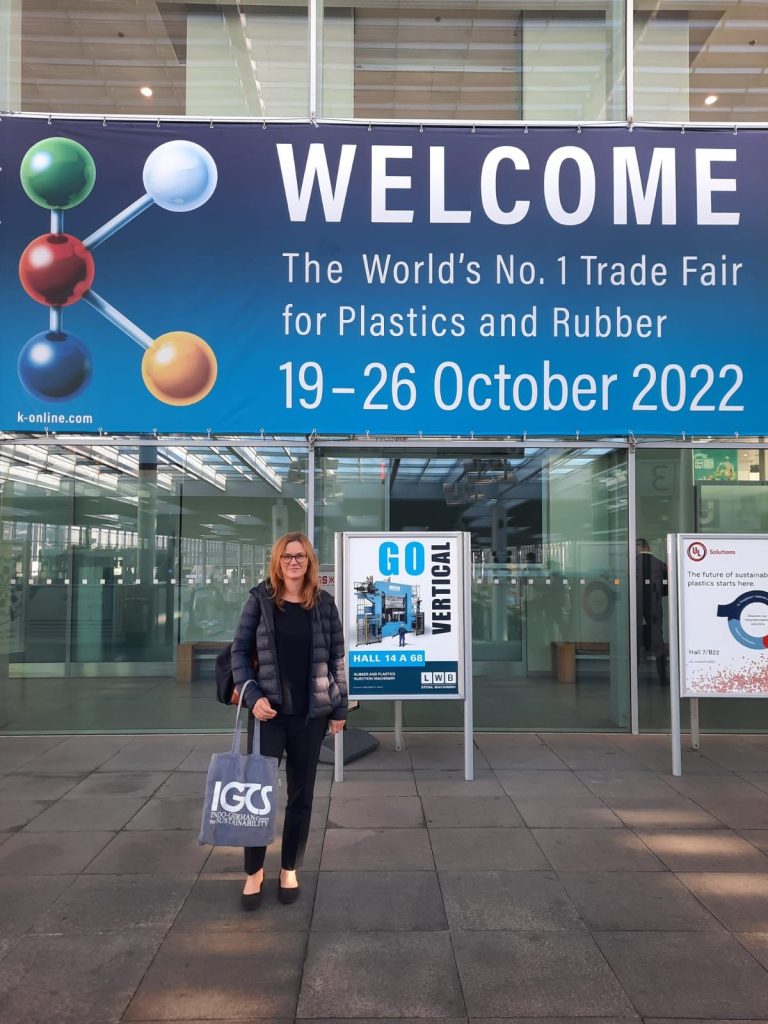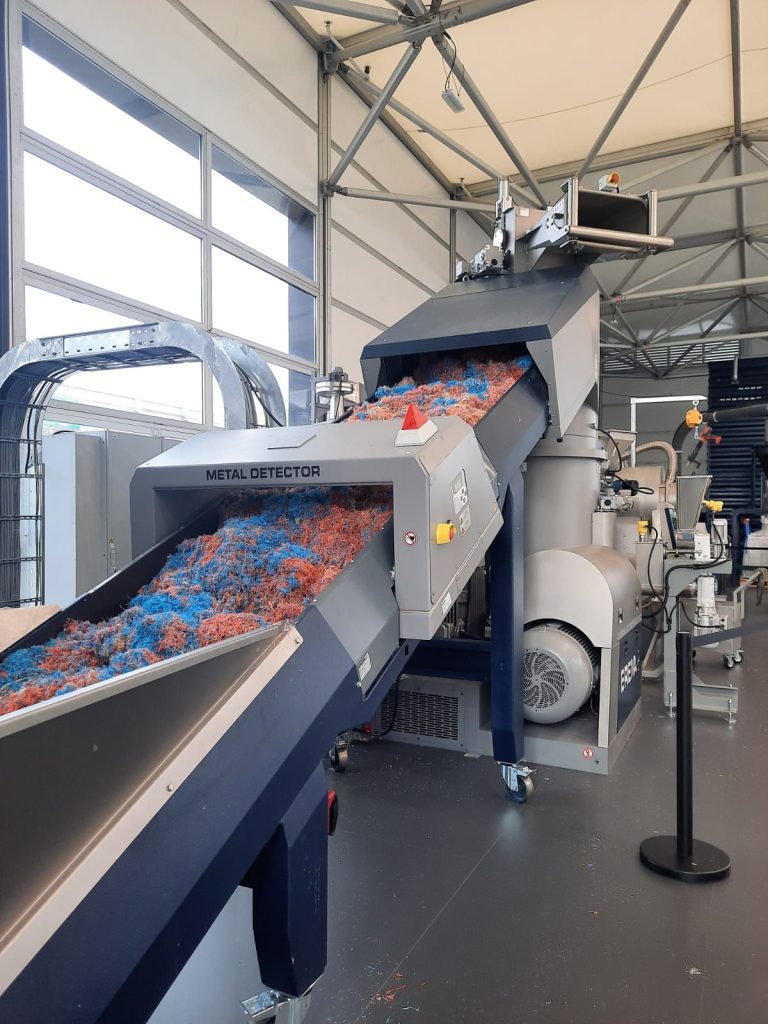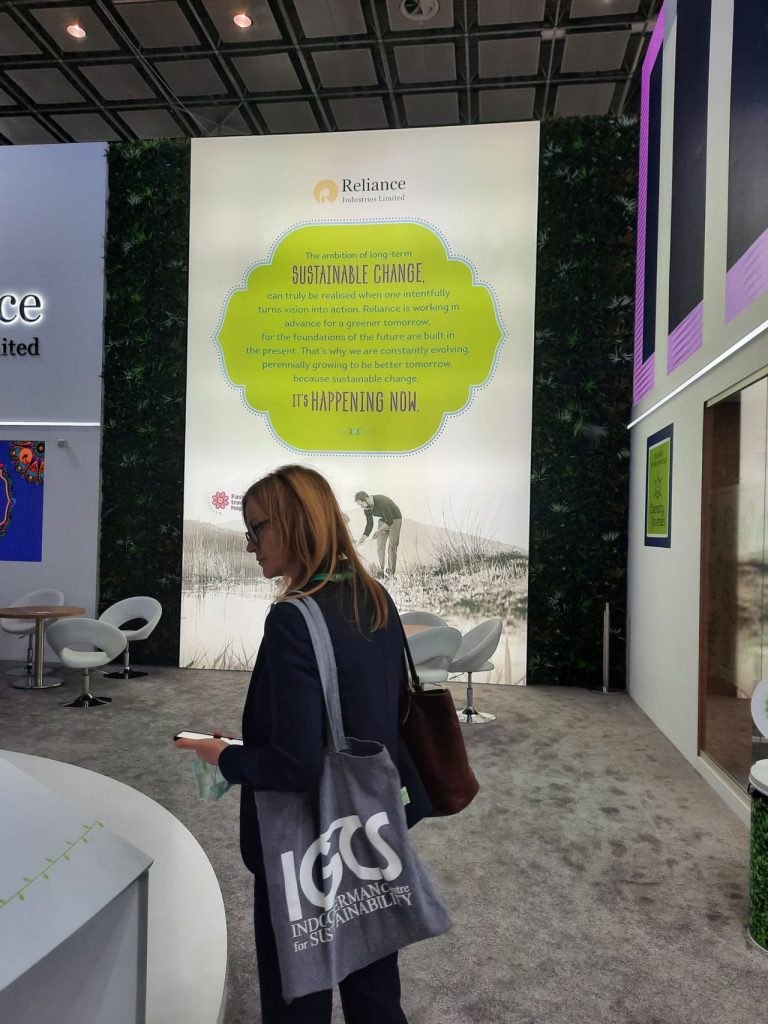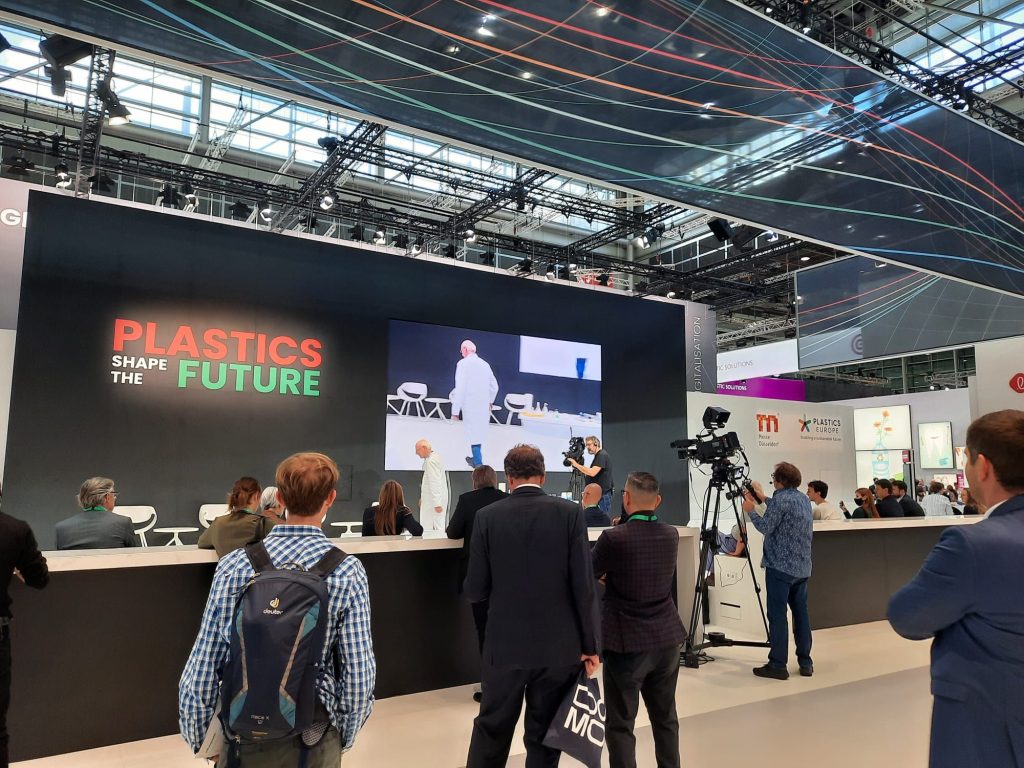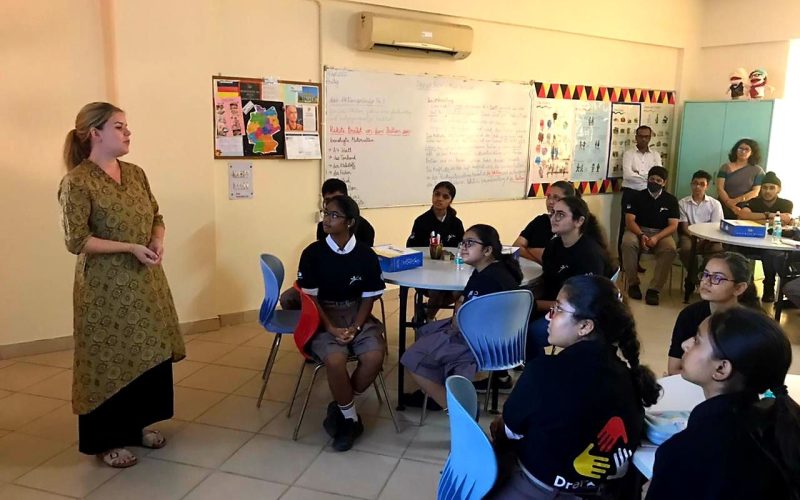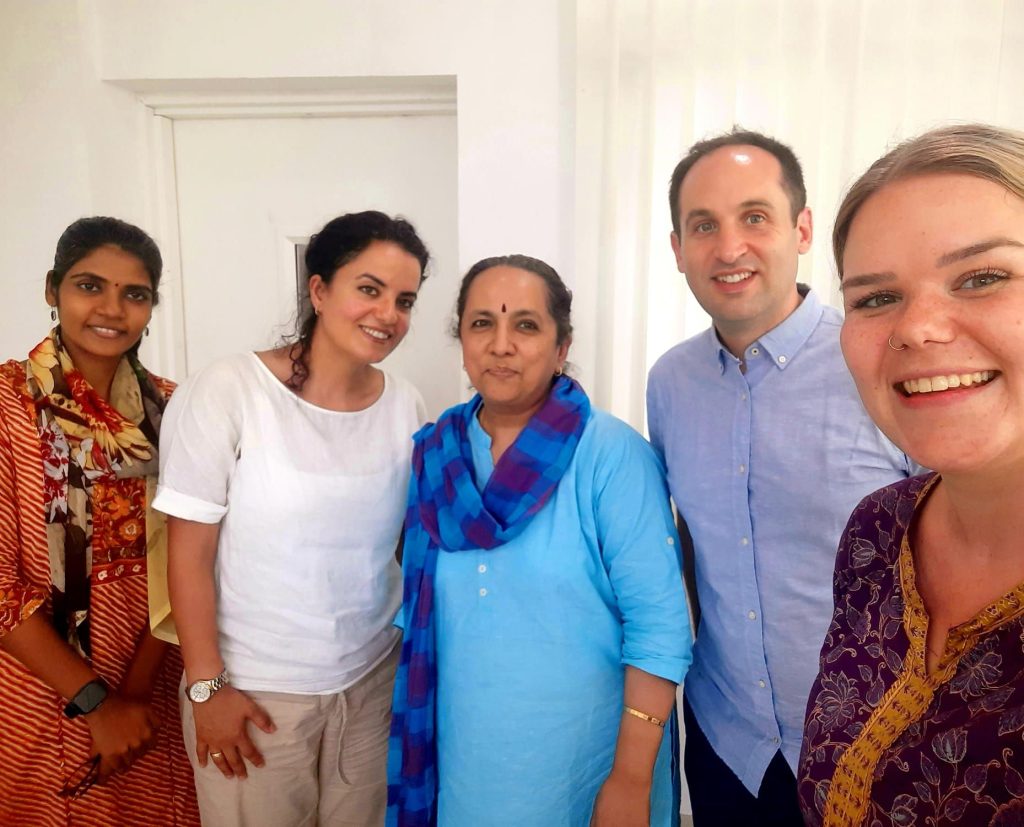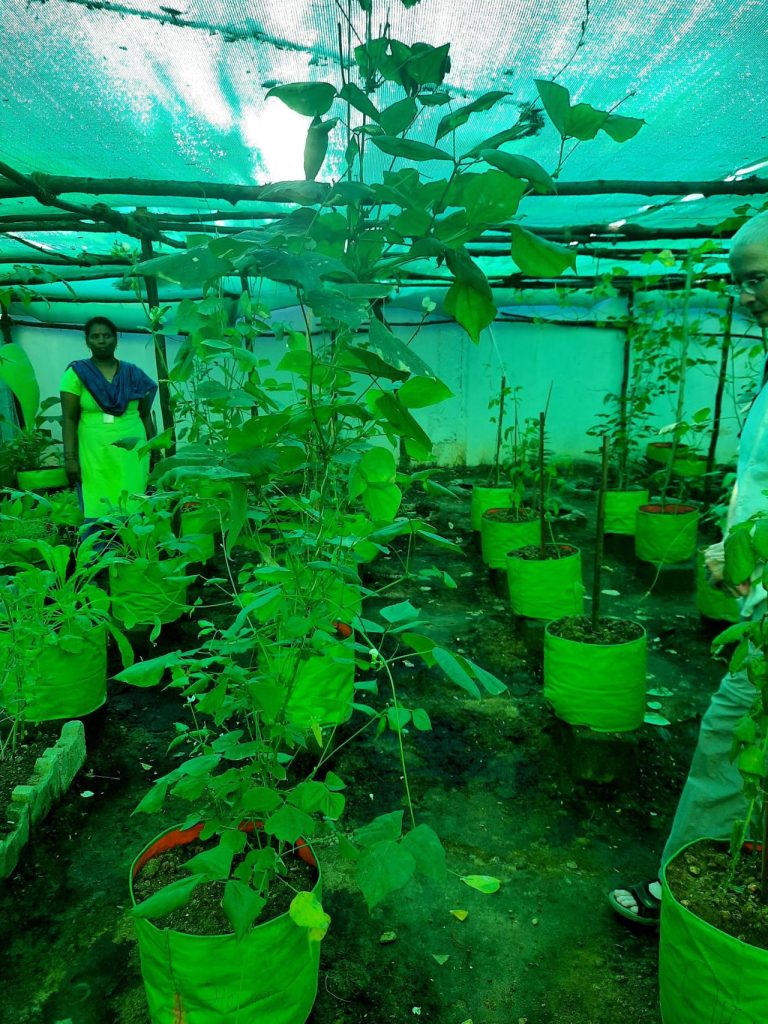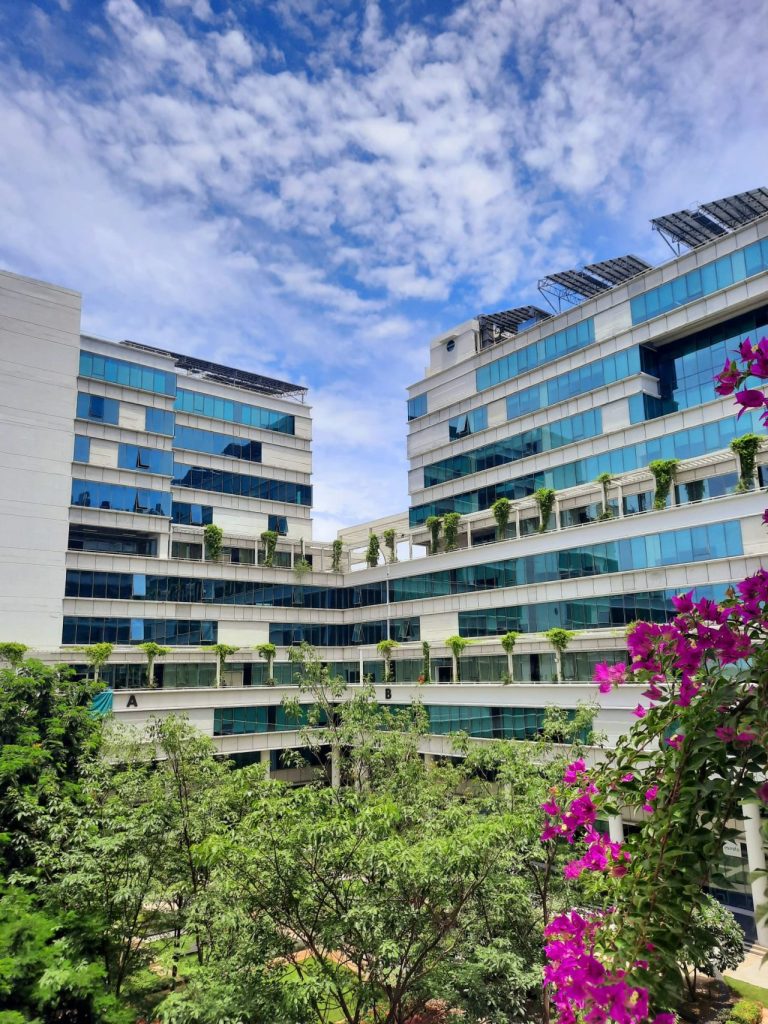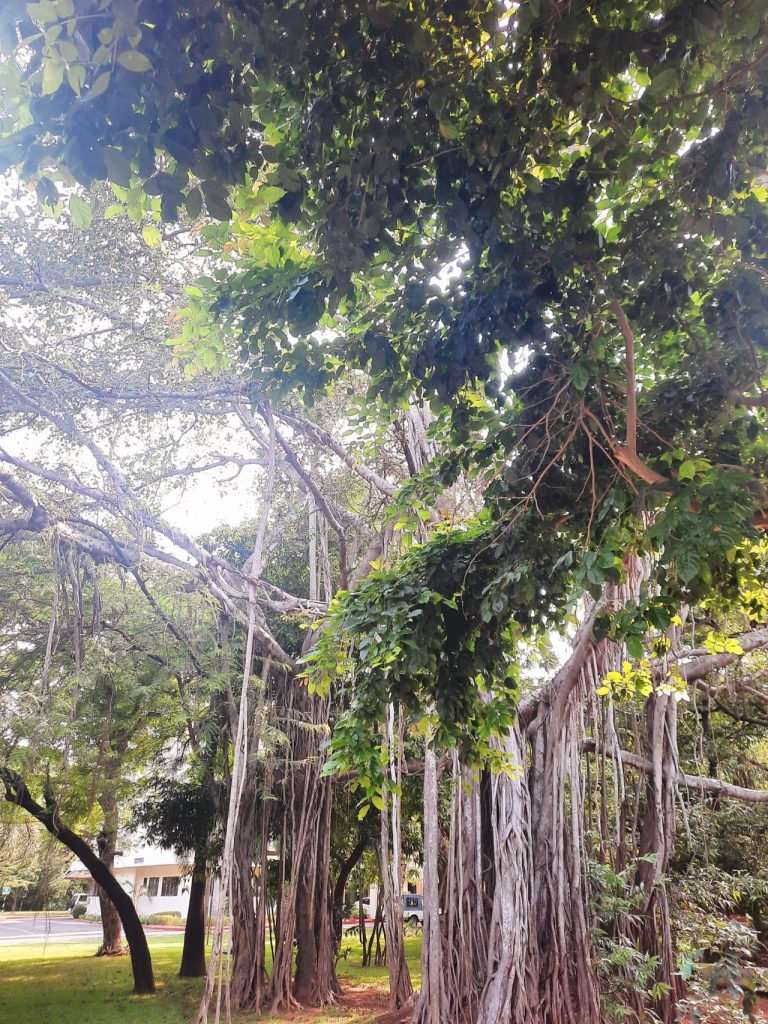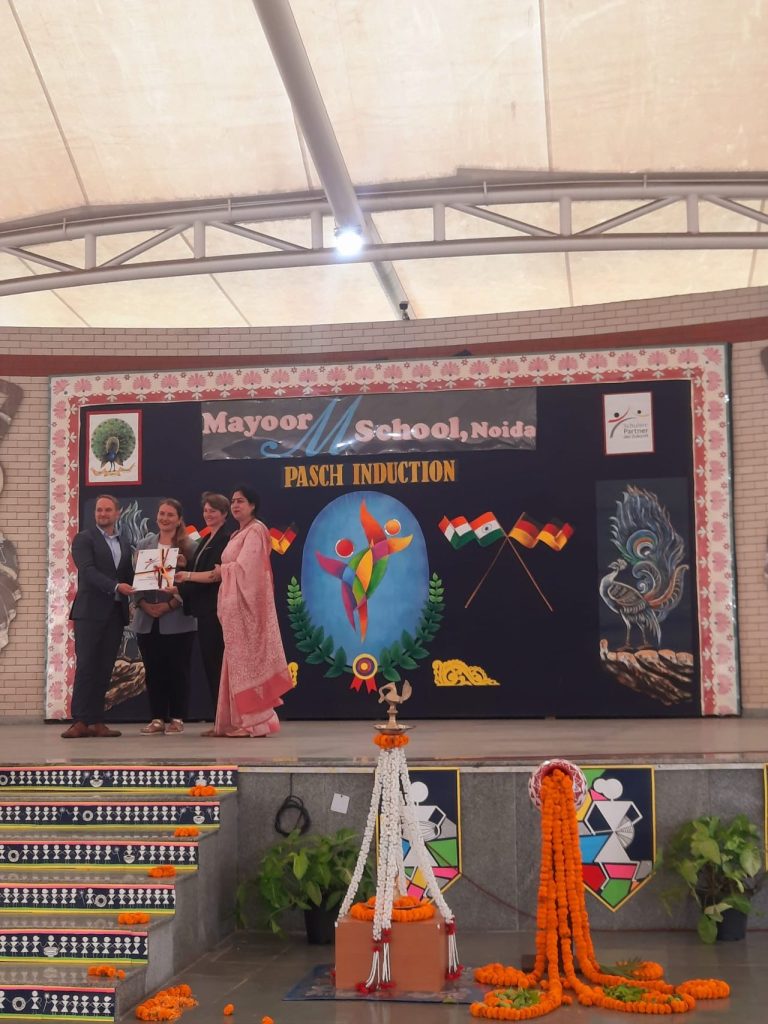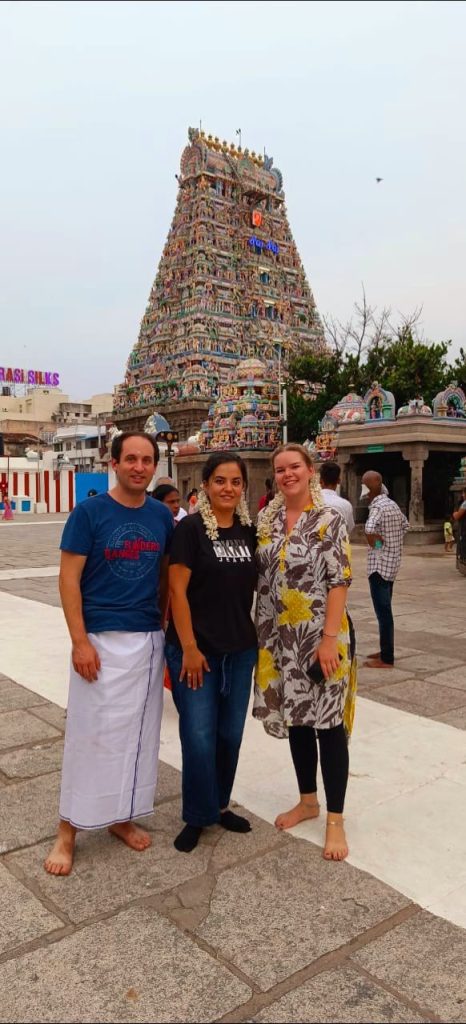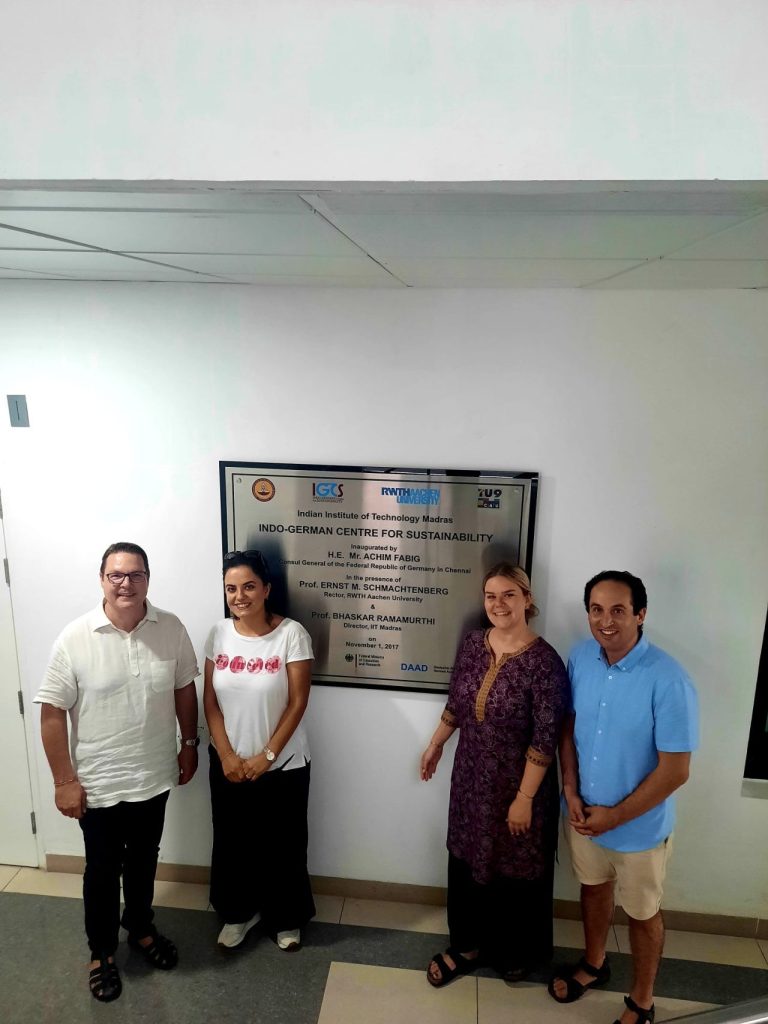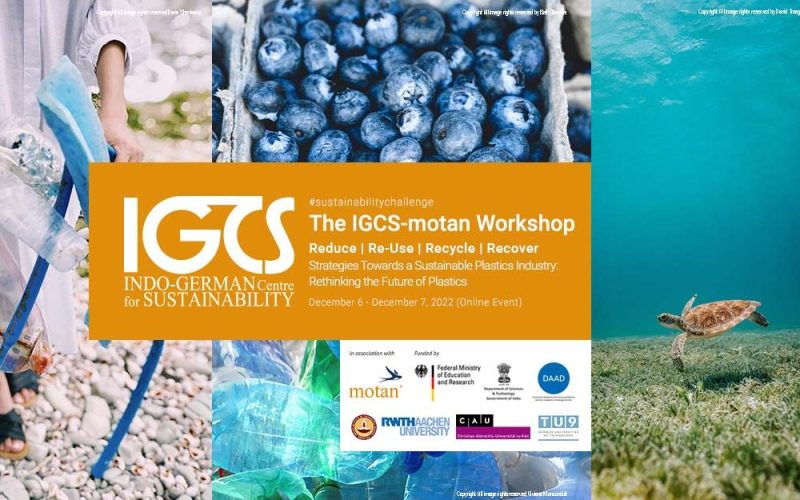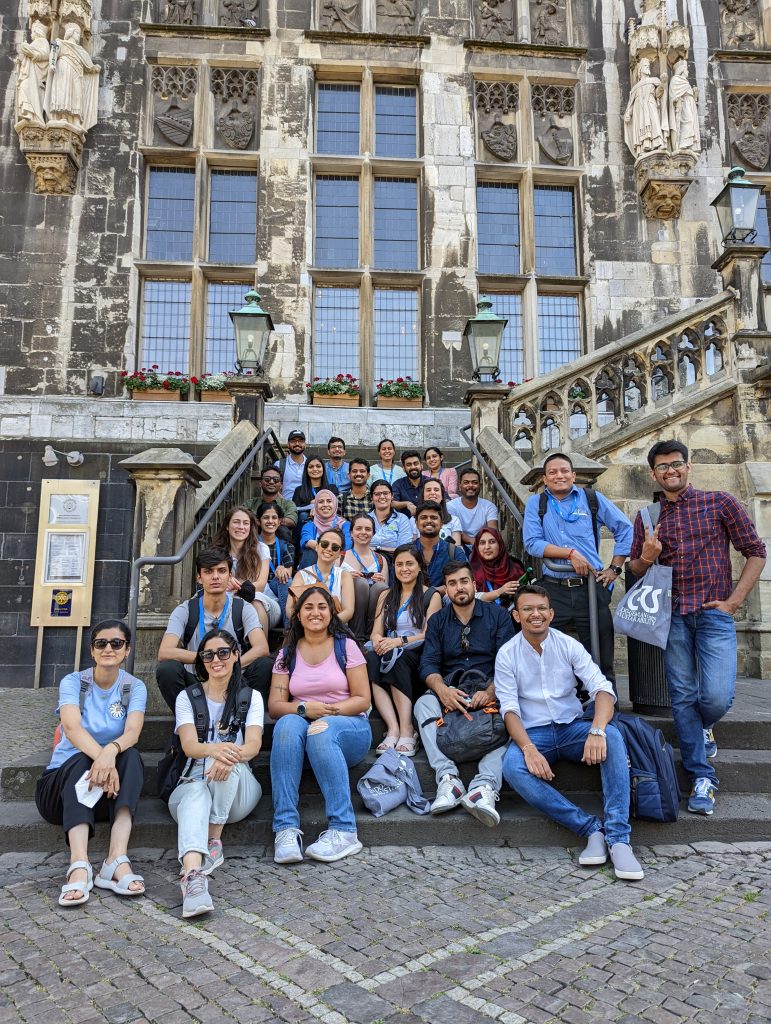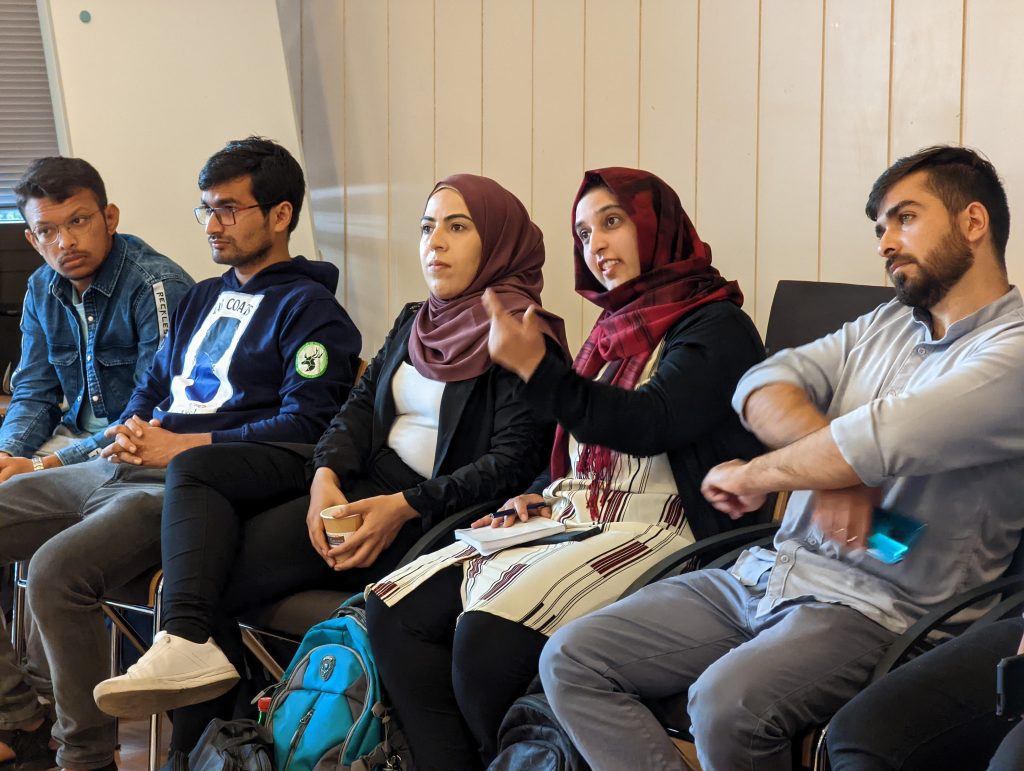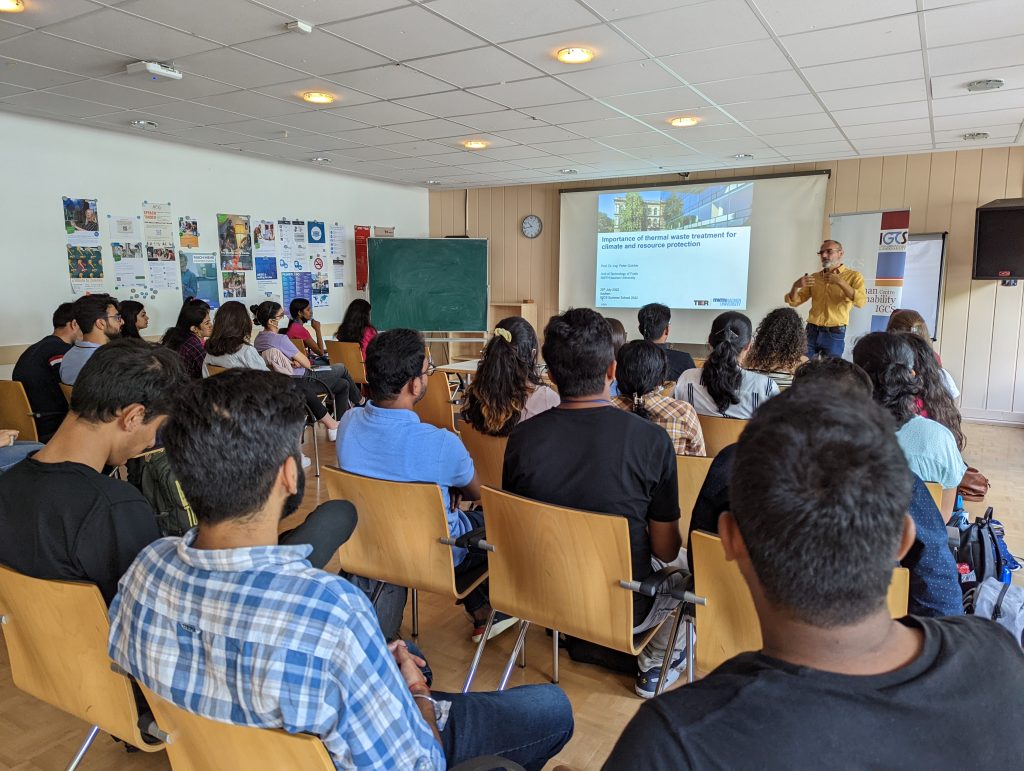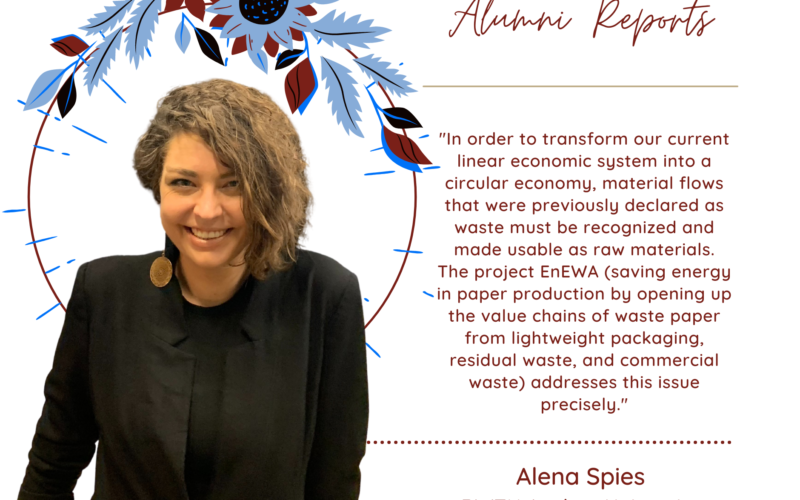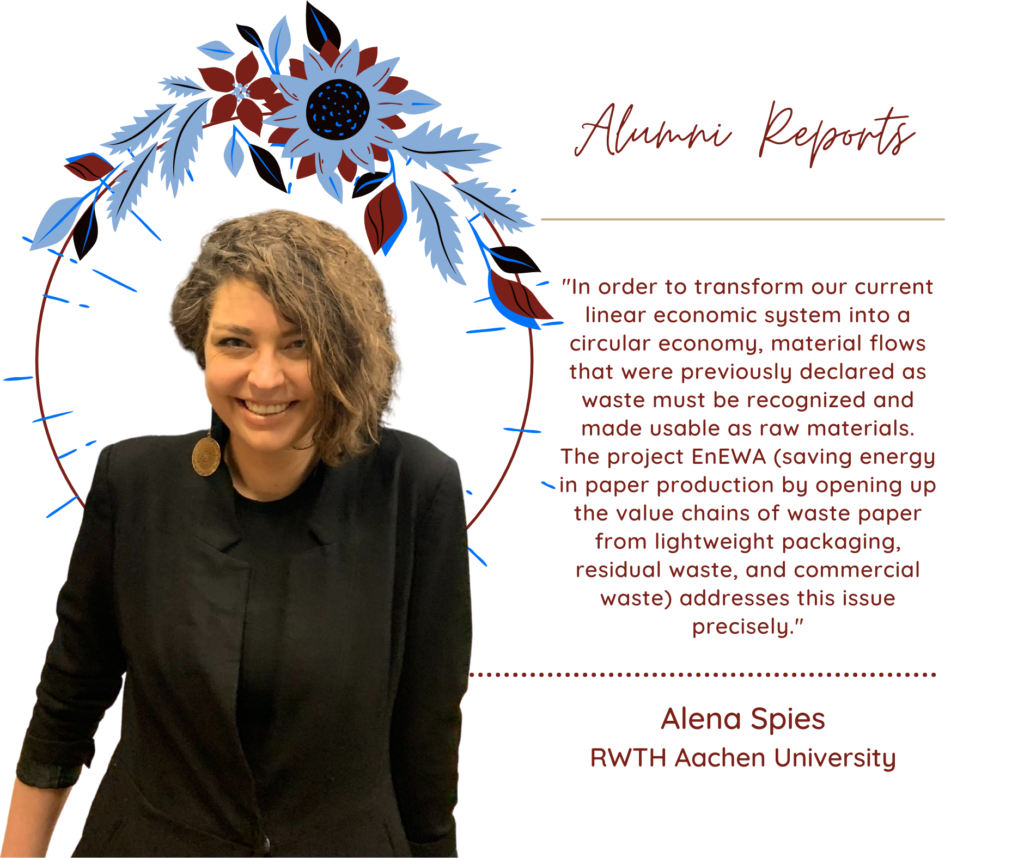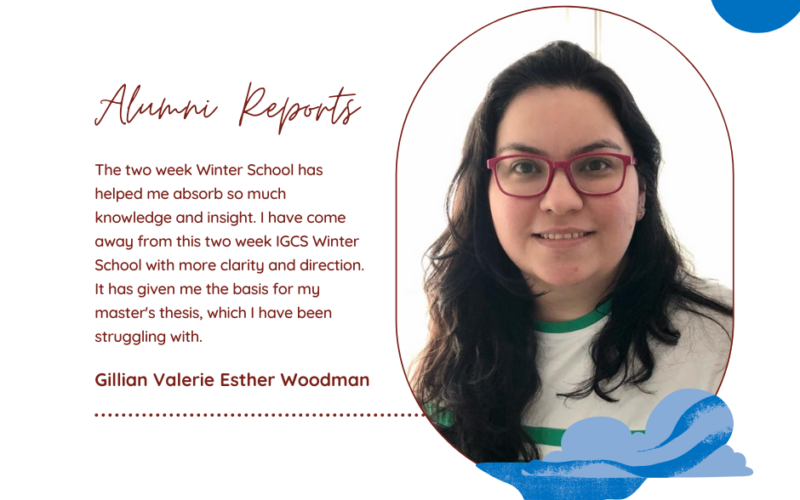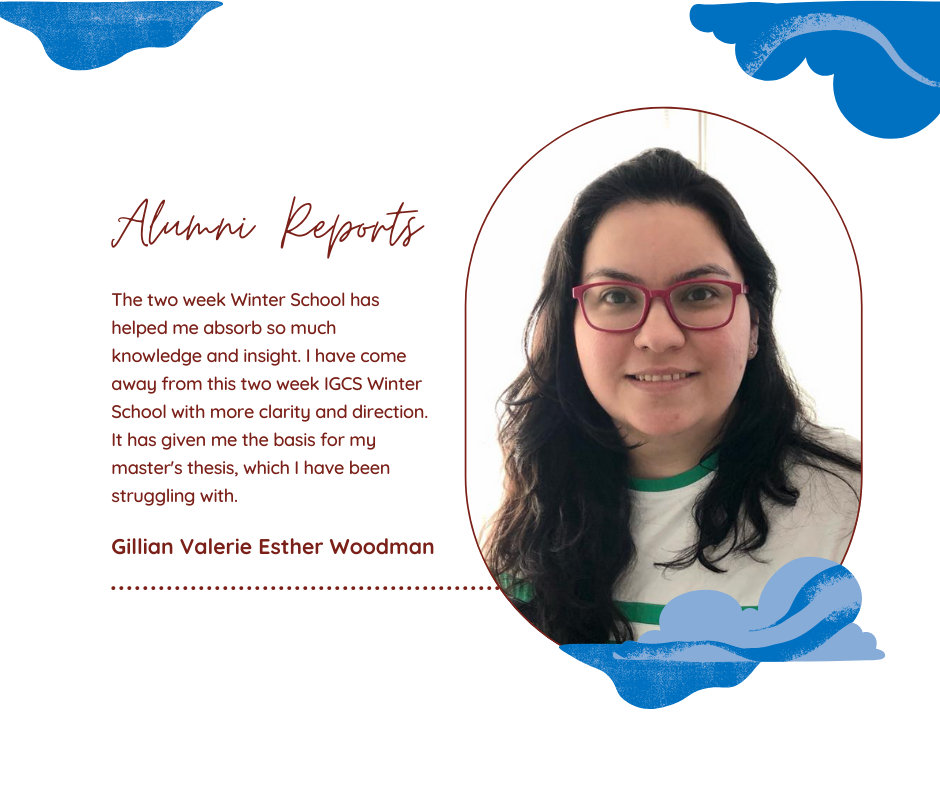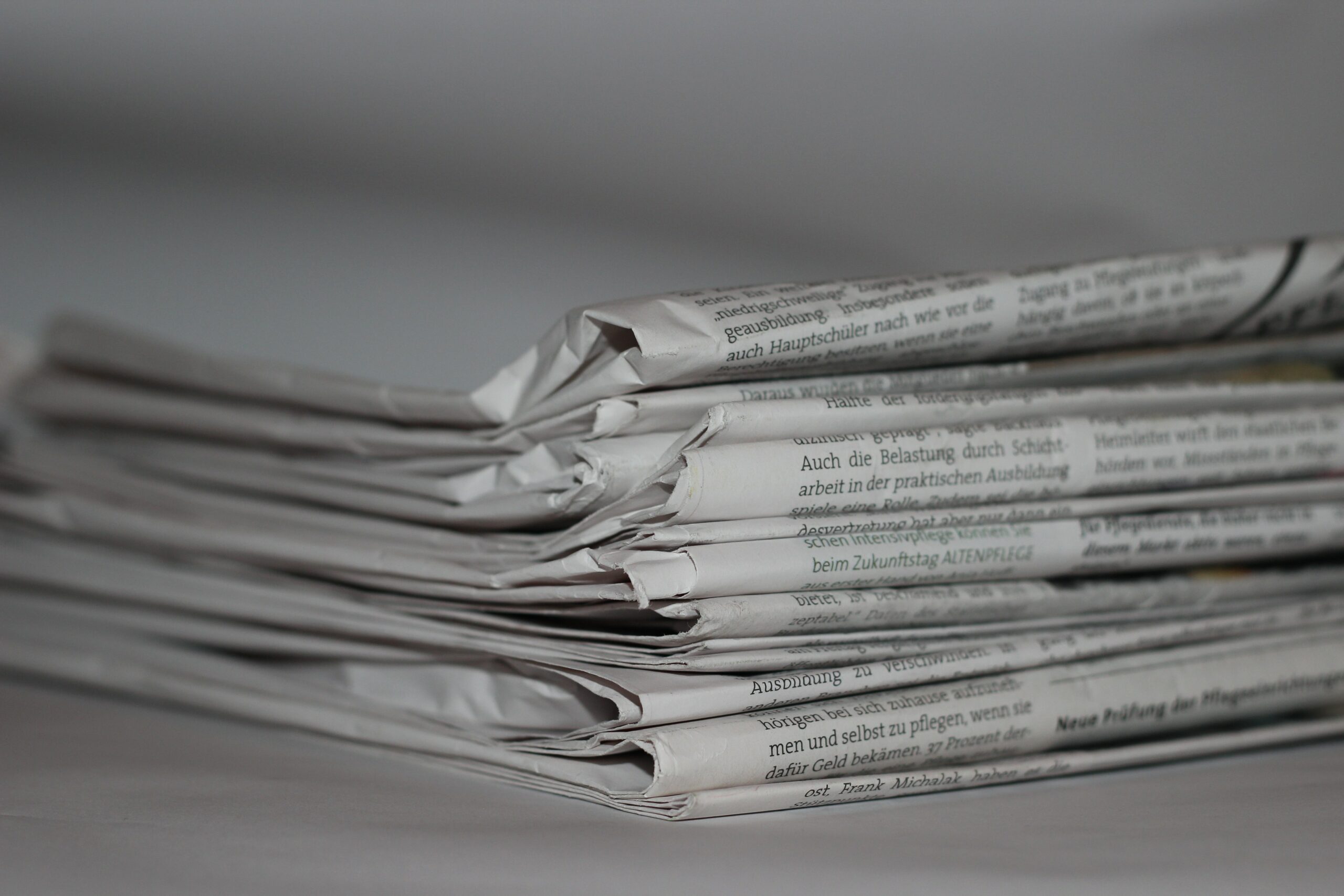Summer School 2023
The Integration of Renewable Energies into a Power Grid – A Key Contribution towards a Carbon Neutral Society
Date: 24 July to 04 August 2023
Venue: Technical University in Berlin, Germany
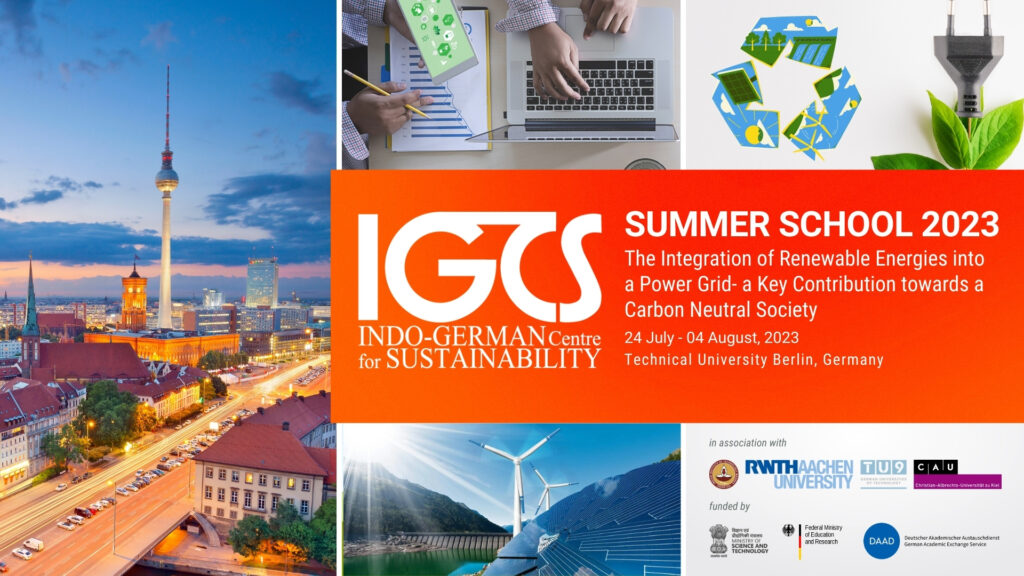
Objective
Achieving net-zero emissions, mitigating climate change, preventing the excessive depletion of natural resources, and reducing waste are major challenges the world is facing today. The energy sector is of particular importance in meeting these challenges.
Nowadays, the primary targets and concerns worldwide are energy transition, clean energy, sustainable energy, and energy security. Based on the three main trends shaping the current and future global energy landscape – decarbonization, decentralization, and digitalization – the integration of renewable energy systems into the existing power grid represents a key challenge for an innovative and viable solution towards a carbon-neutral future.
The energy system of the future must be achieved through sustainable management of natural resources, ensuring sustainable consumption and production patterns, developing energy infrastructure and technologies, and raising political and social awareness to contribute to this overall system development.
This year IGCS Summer School focuses mainly on the technical aspects of integrating different renewable energy sources into the existing power grid as an innovative and potential solution towards a sustainable and clean energy future. The economic, environmental, and social aspects of this system will also be discussed during the school. It brings together students from Indian and German institutions, who will jointly and interactively develop their skills with the following learning outcomes:
- developing a fundamental and holistic understanding of the technical aspects of integrating different renewable energy sources into the existing power grid
- identifying the technical challenges that must be overcome to integrate a high proportion of renewable energy into the existing grid, such as developing infrastructure and technology, coordinating power generation from multiple sources, balancing power supply and demand, advancing grid storage options, and increasing energy flexibility.
- identifying the main challenges and outstanding issues related to the implementation of renewable energy resources from economic, environmental, and social perspectives.
- proposing innovative solutions and strategies to implement renewable resources on a large scale.
Schedule
This Summer School will run for twelve days from July 24th until August 4th 2023 and will consist of lectures, group works, panel discussions, excursions and intercultural exchanges.
The Summer School will be held as a physical event at the Technical University in Berlin, Germany.
Participants
The course is open to German* and Indian Master’s and PhD. Students. Knowledge of sustainability topics in the field of energy is of advantage. The number of participants is limited to 30 (15 German /15 Indian).
Selected participants from German universities will receive a mobility scholarship.
Selected participants from Indian universities will receive a mobility scholarship as well as a scholarship to cover living expenses during School.
IGCS is covering the costs of stay for all participants and will provide lunch on the weekdays.
*Non-German students and university graduates can apply if they are enrolled in the course of study at a German university to obtain a degree at a German university. For more information check DAAD-Website: Bewerbungen um ein Stipendium (German only).
Application
Interested students may apply through the 2023 Application Form. The application deadline is 01st of May 2023. Applications received after this date will not be considered.
The link is open from 31st of March – 1st of May 2023(7 PM CET/10:30 PM IST). You will need to register first before you enter the actual form. You can switch between German and English. Please read the instructions carefully, including the help notes attached to many entry boxes.
Please prepare the following documents to be uploaded through the form:
- CV
- Transcript of records of last completed semester/graduation certificate.
- Letter of recommendation from an academic supervisor. It should state your academic and personal qualifications for participation in the IGCS Summer School.
- Enrolment certificate of your University
- Passport Copy
- Motivation Letter
Positive results will be announced in the beginning of May. We kindly ask you to refrain from inquiries about the application status in the meantime. You will be informed if you are not accepted and your data will be deleted.
Students may be eligible to receive credit points for their participation in the IGCS Summer School. Please check with your home institution.
Contact
Please contact project coordinator Lisa van Aalst or Dr. Anna Uffmann if you have any questions.
Organizers
IGCS Area Coordinators for Energy, Prof. Dr. Frank Behrendt (Technical University Berlin), Prof. Dr. Krishna Vasudevan (Indian Institute of Technology Madras), and Dr. Khulud Alsouleman (Technical University Berlin).

